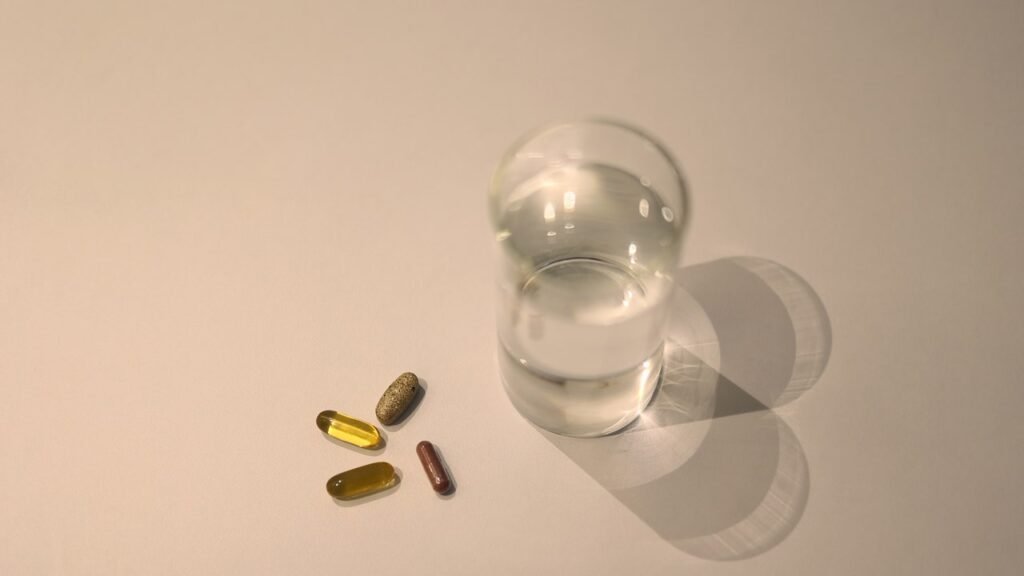Maintaining a positive attitude can be even more difficult during the cold, dark months when we lack some vital natural sunlight to see us through. Serotonin is one of the body’s hero signaling molecules that helps regulate our sense of happiness and well-being. Serotonin also plays a central role in so-called effortful cognitive processes, such as our ability to control unwanted behavior patterns, according to a recent study from the University of Oxford. Vitamin B6 (also known as pyridoxine) is essential in promoting our production of this neurotransmitter, so it’s worth keeping an eye on our healthy intake.
Nutritionist and founder of Artah Rhian Stephenson outlines 5 key things you need to know about vitamin B6, including how to spot signs of vitamin B6 deficiency.
Vitamin B6 is vital to every aspect of our health
Vitamin B6 is essential for cognitive health, hormonal balance and mood, and is “required for the production of neurotransmitters such as serotonin, dopamine and melatonin,” says Stephenson. In addition, it is a key vitamin for healthy sex hormone synthesis and balance, including estrogen and progesterone.
B6 is also “key to the production of red blood cells and hemoglobin, which we need to absorb B12,” which is essential for the body’s formation of red blood cells and normal nerve function, Stephenson continued.
Vitamin B6 can be used to relieve mood-related problems
Stephenson explains that because vitamin B6 plays a vital role in helping produce hormones that control mood, it is “often used to help relieve mental health conditions such as anxiety and depression that lead to low mood, stress and irritability.” Especially important for women’s health, “you’ll see it in large amounts in prenatal and fertility supplements to support hormonal balance.”
Symptoms of B6 deficiency
Common symptoms of low vitamin B6 “include altered mental status, neuropathy, rashes and cracks at the corners of the mouth,” Stephenson said. A lack of vitamin B6 can also “lead to hormonal imbalances, premenstrual syndrome and worsening menstrual health, while severe deficiencies can lead to dermatitis and anemia,” she added.
You can get vitamin B6 from food
When it comes to the richest sources of vitamin B6, “fish, beef liver, chicken, turkey, beef, chickpeas, green leafy vegetables and starchy vegetables” all top the list, says Stephenson. She adds that anyone following a plant-based diet can get plenty of B6 from beans, lentils, and a variety of greens and vegetables.
If you are concerned about a vitamin deficiency, talk to your GP
If you’re concerned you may be vitamin B6 deficient, talk to your doctor, Stephenson says.
Always seek advice from your GP before setting up a supplementation plan.

